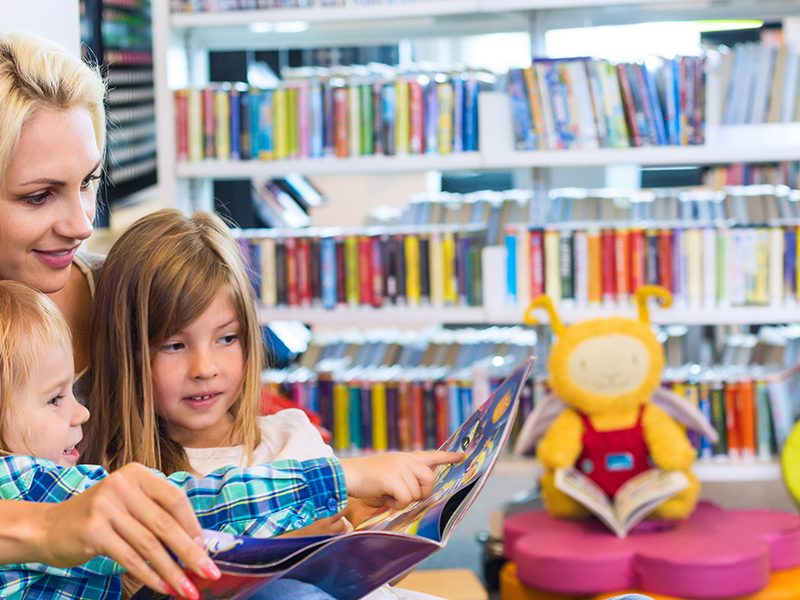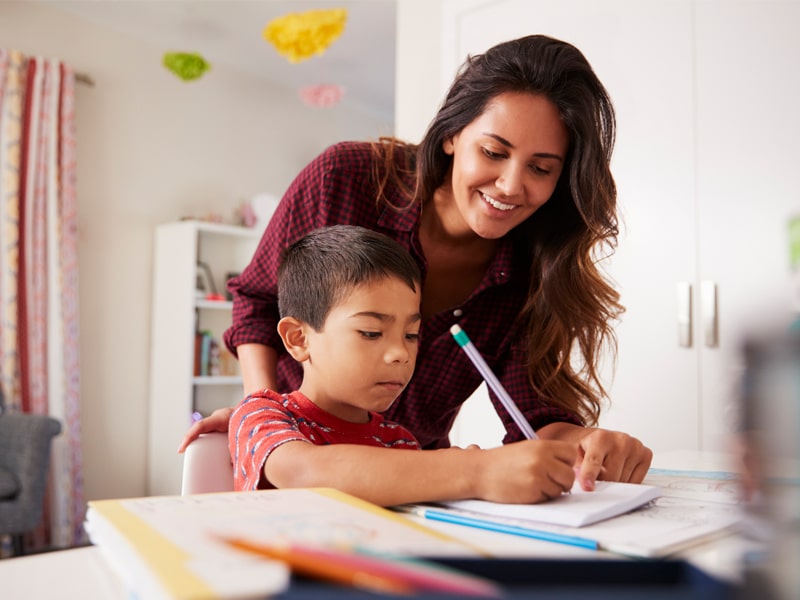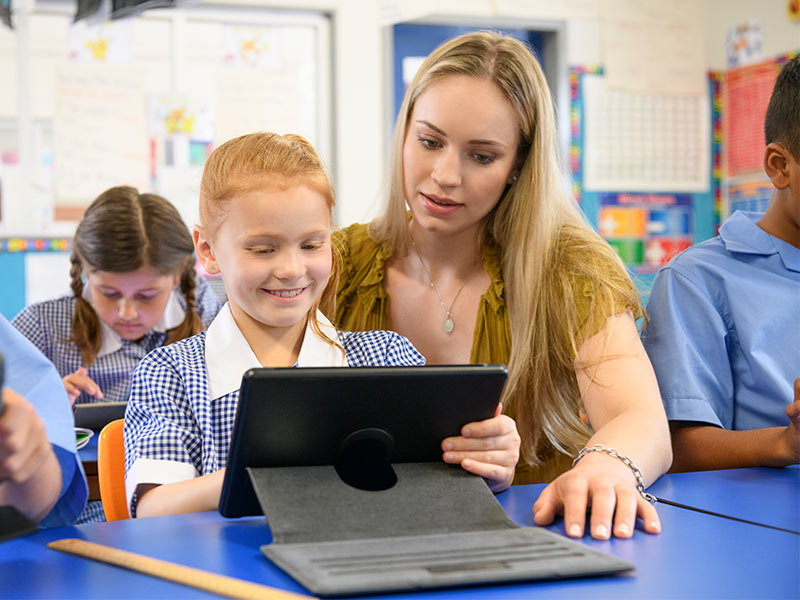
In the face of the world pandemic, teaching has necessarily been moved to our homes. This situation is not only uncomfortable for children and their parents, but also for teachers. It is slightly different in real home education, for which not much has really changed.
What is real home education?
Home education is the only way of integral and full development of a child. Why? Because only parents raising their children in a responsible way are able to provide them with a uniform resource of moral principles and understanding of reality, as well as knowledge required by school curricula.
Research indicates that children taught at home do not waste time, are not bored, are not subjected to bad peer influences or immoral curriculum content, but gain knowledge adapted to their level of development by working at their own pace. It is worth adding that home teaching also benefits their caregivers. Deciding to educate their children, they have to improve their own educational and didactic skills. It is estimated that about three thousand families in Poland educate their children at home.
Some, however, think that home education is a quirk. I do not agree with that. Home education, or rather home upbringing, is the basis for the prosperity of every society. First you have to be a good person, and only then a scientist.
In the history of societies, child development has always been based on the family. Common school compulsion is an invention of the last 150 years. Schools do not educate, but use the assets of home education. A child needs to be present and talk to its parents the most. Home education allows the child to take care of what interests him or her.
Since when do you think that children should be included in compulsory schooling, also in the context of home education? There should be no compulsory schooling. Assigning a child to certain ideological requirements on the basis of his or her date of birth is a decision with no psychological or pedagogical justification. It is an arbitrary administrative decision.
Three conditions must be met for home education.
- The first one is to obtain a psychological-pedagogical opinion about the child’s maturity for school education.
- The second one is the consent of the headmaster of the school, but it does not have to be a district institution, to conduct home education.
- The third condition is to subject the child to classification exams at the end of each school year.
However, many parents are afraid that they will not be able to meet the challenge of teaching their child. Research shows that neither education, nor the profession, nor the family’s material status affect the quality of education at home.
It requires self-discipline, creativity and ability to organize time. When deciding to educate a child in the home system, often one of the parents has to give up his or her professional career. We live in an era in which it is not difficult to get the information needed to educate a child.
In my opinion, however, the secret of home education lies elsewhere: it should last at least three to four years. Then we can talk about concrete results. Of course, a child, just like adults, must learn to manage time. My colleague, who, for health reasons, teaches her child at home, stresses that home education is a lifestyle.
But can anyone teach a child to read and write? Of course. Even if they do not know the methodology, they know what the child needs, their interests and abilities. I will repeat what I said earlier: the results of home education are not affected by the parents’ teaching rights, their education.

What are the advantages of home schooling?
Children educated at home are more independent and curious about knowledge and the world. They are oriented towards research and questions. They lead a social life and benefit from many organisational proposals.
They simply have time outside school. They are used to being with people of different ages and professions. Children of home education are independent, individualised and capable of leadership. These are just some of the advantages, because there are many more of them. The individual approach to the child also plays a huge role, which is often lacking in schools.
Socialisation is commonly understood as learning to live in a group with your peers, but it means not only socialising, but also communicating the norms, values and principles that count in a given community or society.
The transmission of these norms by those who know them, i.e. older, more socially competent people. At school, the values are mainly passed on by the child’s peers, necessarily at a similar level of competence as the child. The teacher’s message is limited in time and content as it naturally focuses not on social competence but on maintaining order in a more or less numerous group and communicating the content of a particular subject lesson.
At least in theory, values such as cooperation, tolerance, respect for others, care for others or forgiveness are valued by society, and a family that is not a pathological family is a natural environment for developing and promoting such values. Rather, competition, lack of cooperation with others, a tendency to unify attitudes, competences and interests and indifference to others are promoted at school, which is regretted by many educational experts.
In other words, the school has reached the point of “negative socialisation”, when being in a large group of children for many hours every day encourages the development of pathologies rather than good and much needed strong social bonds.
So it is difficult to use it, but American research shows that children educated at home, already as adults, show much more pro-social attitudes than those taught in the mass education system: they devote much more time to social and non-governmental organizations, they act as volunteers, helping others, they go to elections more often and are generally more satisfied with their lives than adults who have gone through traditional schools.
What do you think is the future of home education?
Looking at what is happening at schools – introducing immoral things under the guise of knowledge, language, selection of readings – I believe that more Poles will choose this form of education. Teaching language and the way of seeing the world by people who often lead immoral lives is a drama.
Moreover, recently browsing through textbooks for initial teaching, I found many names that are simply empty. I also don’t like the mythology of nature, because it is treated as a deity. The content I have found in the books is heading towards fairy-tale and even magic and occultism. In one sentence, the modern school no longer responds to the needs of a normal person.

